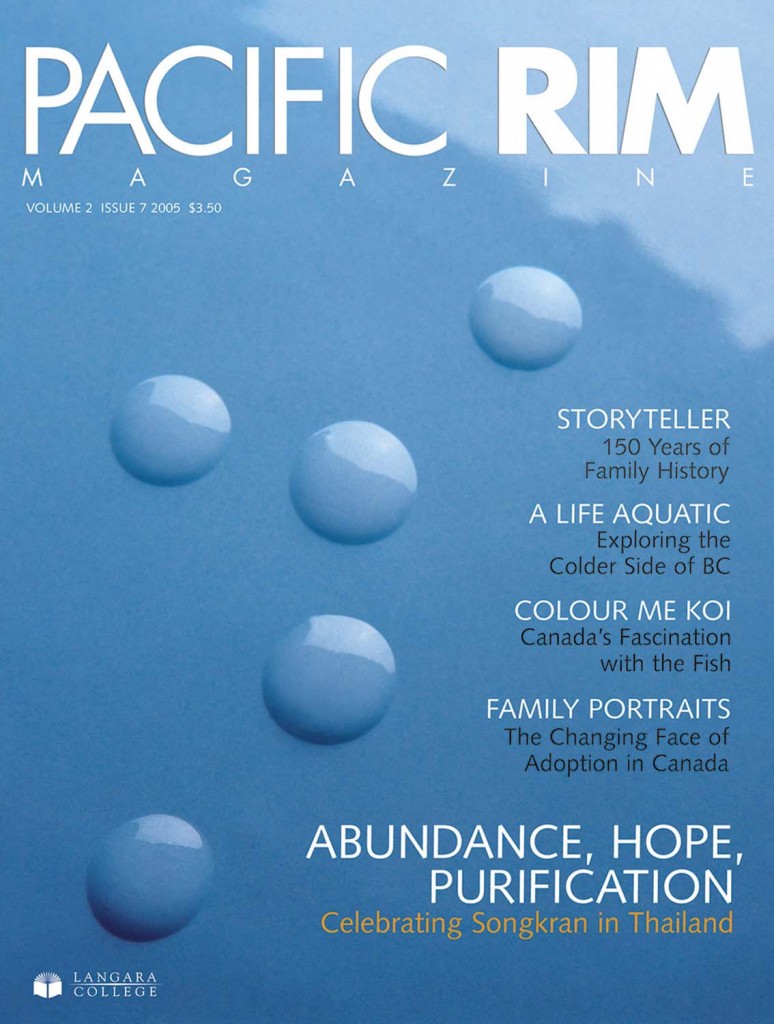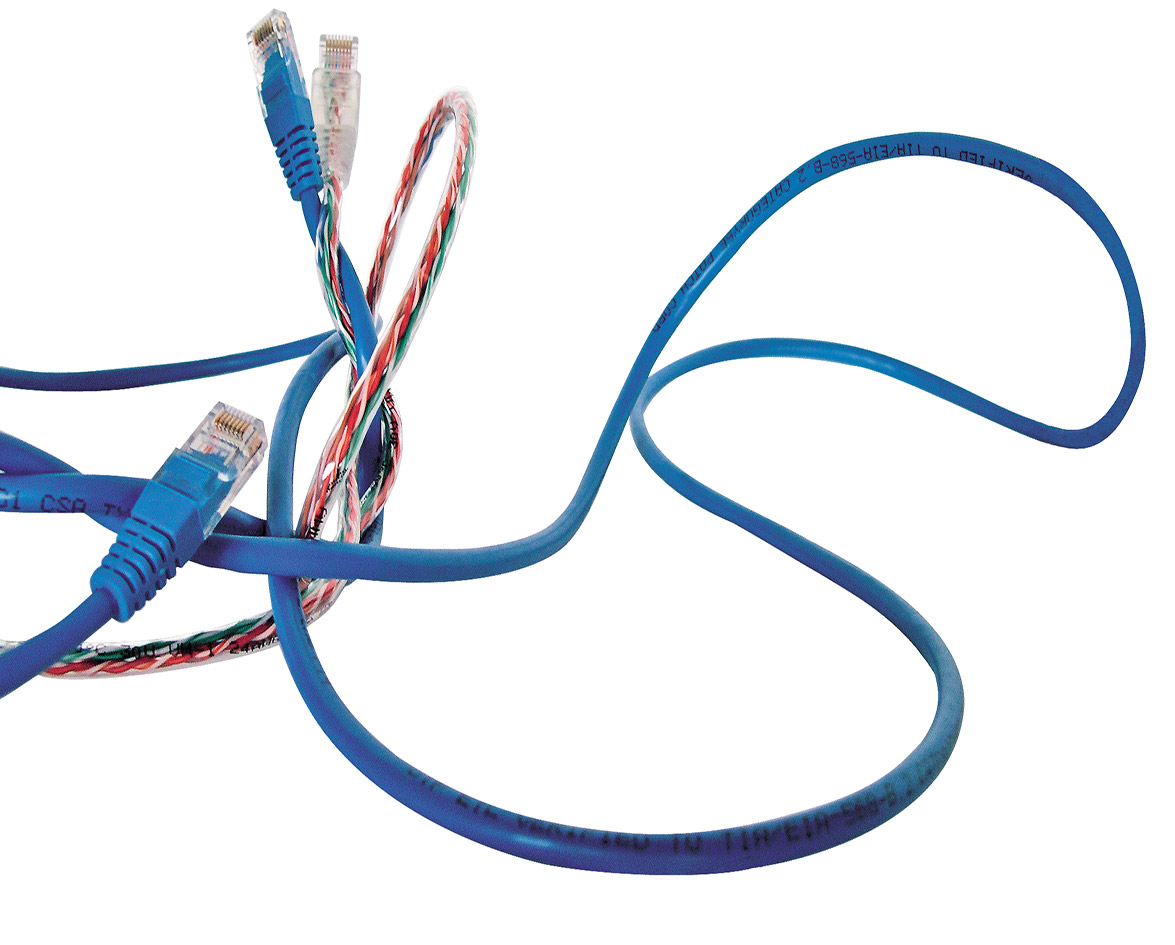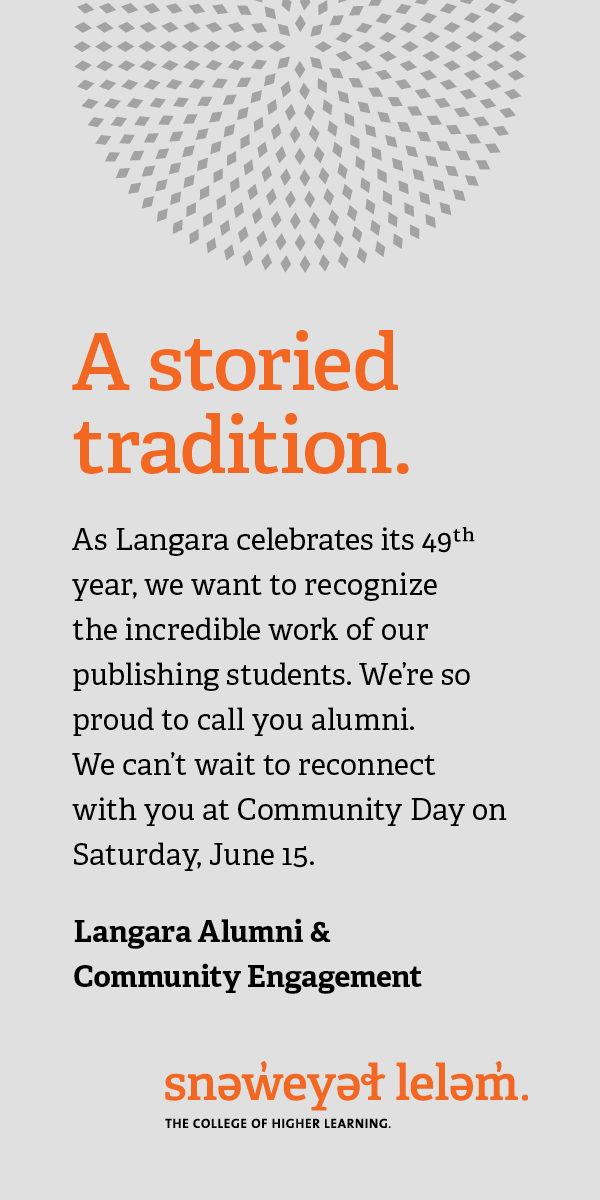Your Canadian-based business is growing and moving into the Japanese market. First impressions are key. You must present your company in a professional manner, and committing a cultural faux pas is unacceptable. When faced with a language barrier, for example, there is help available to you. Two companies have combined strengths to create tools aimed directly at global communication.
InSpot Development
Vancouver-based InSpot Development builds customized web tools for e-learning, recruitment, and performance improvement. “Our vision is to continue to use Internet technology to provide better services for e-learning,” says Sebastian Okada, president and founder of InSpot Development. The company’s InXstream Audio technology allows people anywhere in the world to instantly send and receive sound. “InXstream allows you to make a recording
, encode it into a streaming format that is web-page compatible, and transport it to a specified location, making it instantly available on a website. Files could be formatted in Real Audio, MP3, Windows Media, or even in Java.” This creates instant access between people around the planet.
Meridian Resources
Meridian Resources, a Human Resources consulting company based in San Francisco, chose InSpot to develop tools for its online services. “InSpot seemed to be more on the cutting edge than the other developers that we spoke to,” says managing director and founder Ted Dale. With the aid of InSpot’s software, Meridian has created online services to offer clients a direct transfer of knowledge through web-based tools. Present clientele; such as Adobe, Cisco Systems, and Hewlett Packard use Meridian’s innovative and interactive products. “I think what’s unique about Meridian,” says Dale, “is its blend of the service and the tools. Plenty of competitors are in the area of seminars or workshops, as well as many people who do various kinds of consulting and coaching, but there are very few who combine it with web tools in the way that we have.”
Born and raised in Japan, Dale recognized, even before the Internet existed, that businesses needed cultural unity. “When I came back to the States, the whole intercultural field was pretty new at the time, so I started doing business-related training for Americans going to Japan.” When the Internet emerged, Meridian’s services expanded beyond Japan, and their technology grew beyond VHS tapes. “Where we add value is when companies are working globally, or outside of their cultural milieu.”
GlobeSmart
Meridian has developed several tools for communication; one is called GlobeSmart. A combination of InSpot’s technology and Meridian’s content, GlobeSmart works by providing companies and employees with knowledge of a given country. Information on culture, customs, greetings – even information on presenting gifts – is accessible. Using GlobeSmart technology prevents a company from making costly mistakes, and prepares employees for potential challenges in foreign countries.
What Was InSpot’s contribution To GlobeSmart?
InSpot did all of the programming for GlobeSmart, and provided the audio technology as well. Using InXstream Audio, the company creates sound clips, which are translated into different languages. Employees listen to common phrases from their chosen country, and then practice them by recording their own audio clips. By listening to the original audio translations, and then practising them, the user perfects his or her presentation skills. Something as simple as mispronouncing a person’s name is a costly mistake that GlobeSmart easily prevents.
Meridian Resources plans to incorporate even more of InSpot’s technology within GlobeSmart. “I talked to someone who came back from India,” says Dale, “and they were talking about their discussions with Hewlett Packard in India, actually about GlobeSmart. One of the feedback points they had was that GlobeSmart would be much more useful if it had some short video clips in it.” The addition of video into GlobeSmart allows clients to see, as well as hear, about other cultures.
“People want to learn about cultures and how to relate to people from different countries,” says Sebastian of InSpot. “To understand the culture of a country and the people, sometimes it’s not enough to read. It may not create a visual interpretation for someone trying to learn the exact mannerisms of the country they’re planning to do business with. You can see how people greet each other, how they behave in a group.”
The Future Of InSpot
The future of InSpot’s technology is evolving. “We are about to launch a new tool called SpokenTest,” says Sebastian. “The service is going to be used to assess candidates’ oral skills before they are called, or invited, to an interview.” For example, a company creates a survey for potential employees. SpokenTest then evaluates their personalities and how they respond to given circumstances. Sebastian continues, “This information can be completed either by telephone or over the Internet. The candidate records their response. The candidate’s audio clips are now stored on the server, and can be listened to by several people. Managers can group together with supervisors, and employees, to see what they think of this person based on their responses to the questions.”
To understand the culture of a country and the people, sometimes it’s not enough to read.
Using SpokenTest, a larger group of people within a company can assess job candidates. Additionally, a candidate’s responses can be sent to people in different locations, or evaluated through Internet or telephone conferences. “Any person can make a well presented resumé, but listening to that person speak makes a far greater impression of what that person’s character is really like, and whether or not you want to hire them.”
The Internet started a revolution in human communication. Companies like InSpot Development and Meridian Resources are taking this innovation to new heights. In the face of so much cultural misunderstanding, these two companies are dedicated to connectedness, proving that the unison of people with similar ideals can produce astounding results. Entrepreneurs Ted Dale and Sebastian Okada are using these ideals to benefit international business.











